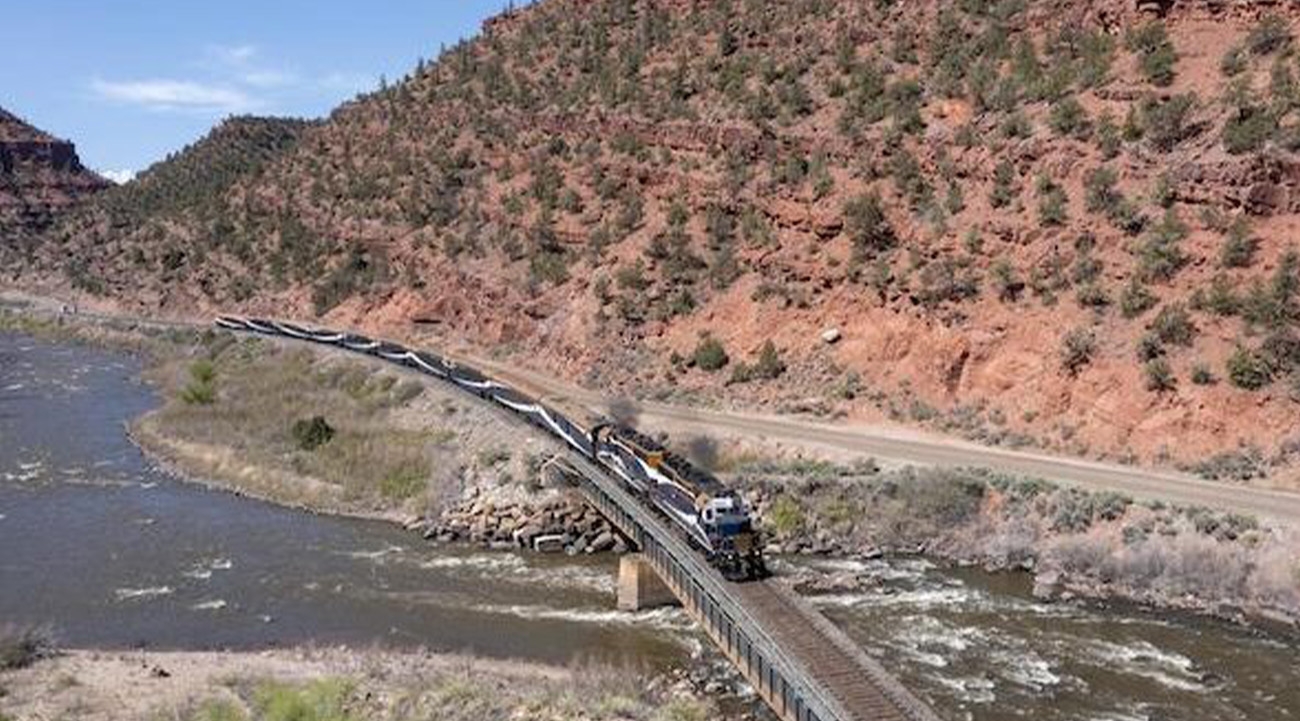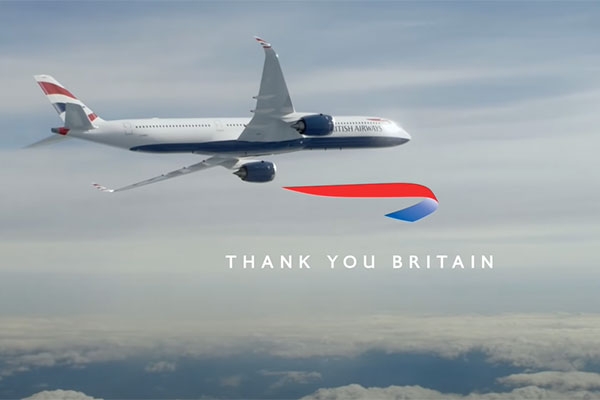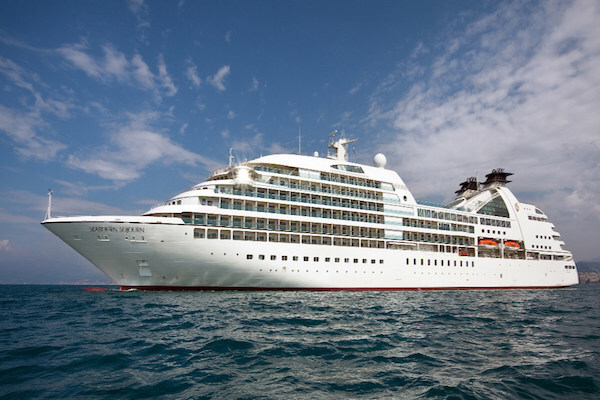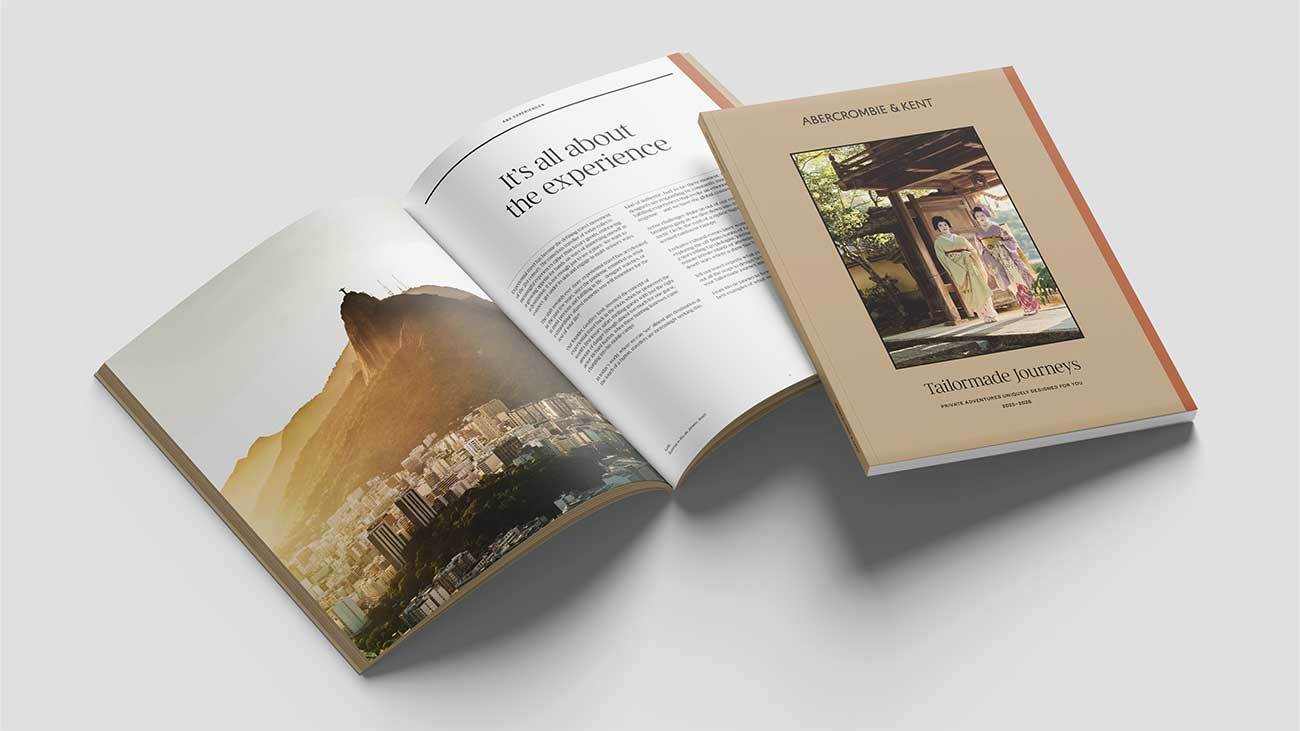Canada wildfires force cancellation of Rocky Mountaineer route
Canadian tourist train Rocky Mountaineer has been forced to cancel services on one of its routes due to wildfires in British Columbia.
Seven departures between August 20 and August 27 on the service between Vancouver and Banff/Lake Louise will not operate.
The decision follows the province of British Columbia announcing a state of emergency order on Saturday in response to the blazes.
The order – running until September 4 – restricts people from staying in hotels for non-essential purposes in several communities to accommodate residents evacuated from nearby areas.
This includes Kamloops, which is the overnight location on the company’s First Passage to the West and Journey through the Clouds rail routes.
Affected guests are being allowed to rebook travel at a later date.
However, the rail firm said: “The restrictions imposed by this government order are a force majeure event beyond the control of Rocky Mountaineer.”
The company announced that it had been unable to locate a suitable alternate for the overnight stay on the First Passage to the West route.
The postponements came “due to the emergency order restricting accommodations in Kamloops, and intermittent closures of the rail line”.
The firm added: “Our team continues to seek an alternative overnight location for departures after August 27 on this route through the duration of this government emergency order.”
Journeys planned for today (Tuesday) and Thursday on the Vancouver-Jasper route are due to operate as scheduled after alternative accommodation was sourced in Sun Peaks, west of Kamloops and not under the emergency order.
The company’s northern Rainforest to Gold Rush service between Vancouver and Jasper via Whistler and Quesnel is unaffected.
But Rocky Mountaineer added: “Please be aware that travel through some sections of the journeys may be slower than usual due to temperature-related speed limitations.
“Also, visibility of scenery and outdoor air quality may be affected at some points along the routes due to the wildfires.
“In areas where the air quality is affected, the health authorities recommend you reduce your exposure by staying indoors where there is air conditioning and avoid strenuous or prolonged activities outside, especially if you have underlying medical conditions.
“The motorcoaches to and from your hotel, and most hotel rooms and restaurants will have air conditioning. Our team will do everything we can to ensure a comfortable and enjoyable journey for all who travel with us.”
Rocky Mountaineer also advised that call volumes are higher than usual and suggested passengers leave a voicemail if they are travelling in the next week and are unable to get through.
For departures after August 27, travellers have been told to email the company at guestexperience@rockymountaineer.com.
“We appreciate your patience as we work through the impacted bookings,” a notice on the Rocky Mountaineer website said.
“Our thoughts are with all those impacted during these difficult times and we are grateful for the tireless efforts of the firefighters across the province.
“We are doing all we can to support our guests, team members, and communities as the situation evolves. Thank you to everyone involved.”
Foreign, Commonwealth & Development Office (FCDO) travel advice for Canada remains unchanged from the last update on August 19, which described Canada as experiencing “a particularly severe wildfire season” with fires particularly affecting western Canada, including North West Territories, British Columbia and Alberta.
The alert added: “North West Territories and British Columbia have declared territory-wide and province-wide states of emergency.
“An evacuation of NWT’s capital Yellowknife is underway. Evacuation orders have been issued in other areas including parts of Kelowna in British Columbia.
“Wildfires are highly dangerous and unpredictable. The situation can change quickly.”










